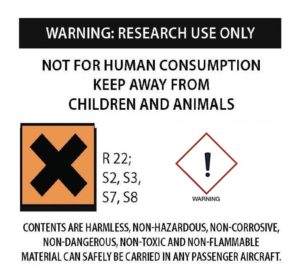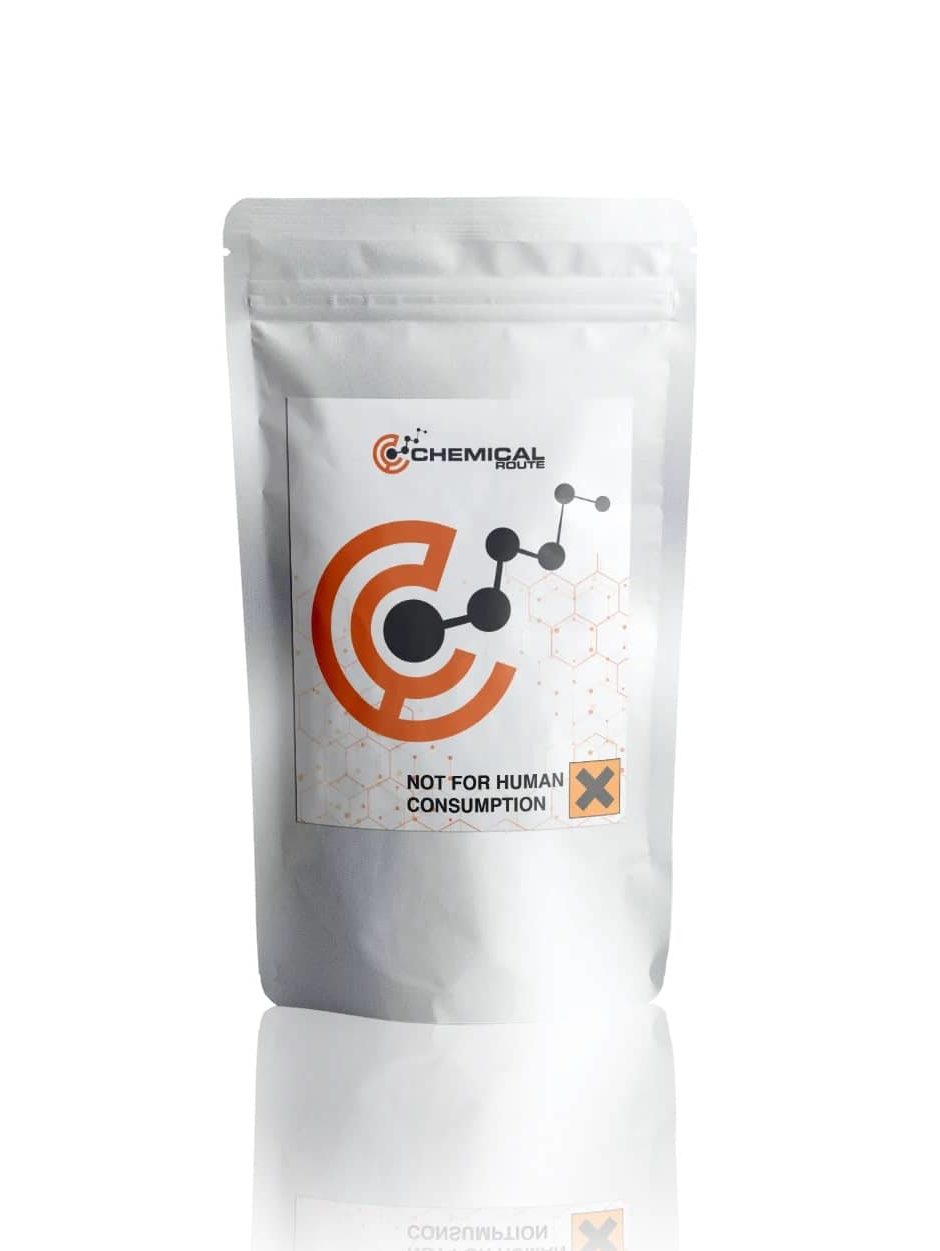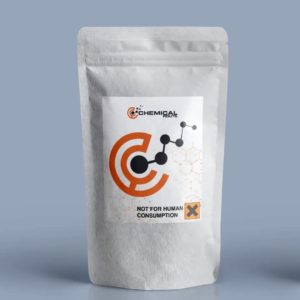Description
2C-P, 2,5-Dimethoxy-4-propylphenethylamine, 2C P
Product information
IUPAC-name 2,5-
Synonyms 2C-P, 2,5-Dimethoxy-4-propylphenethylamine, 2C P
Formal name 2,5-
Cas number 1359704-27-0
Formula C13H21NO2 • HCl
Formula Weight 259.8
Purity 99.0 % min.
Formulations A neat solid, Powder
Solubility
- DMF: 2 mg/ml
- DMSO: 13 mg/ml
- DMSO:PBS(pH7.2) (1:1): 0.5 mg/ml
- Ethanol: 2 mg/ml
2C-P, 2,5-Dimethoxy-4-propylphenethylamine, 2C P
2C-P is a class of pharmaceutical drugs that are commonly used for treating schizophrenia and other mental disorders. It was first synthesized by Alexander Shulgin and is regarded as the most potent 2C-drug.
2C-P is a novel type of psychedelic substance that is often used as a gateway drug to the classical mescaline. It is a member of the 2C-x family of compounds, and it is known to have a long-lasting and potent effect. Although its exact mechanism is not known, it is believed that it can trigger the activation of serotonin receptors in the brain.
Alexander Shulgin, a chemist based in the US, tested 2C-P for human activity. In his 1991 book PiHKAL, he documented the various effects of this substance. The reports in his book described its long duration and depth, as well as its physical consequences. The commentary section also noted that it is easy to overdose on 2C-P, as its small window between an adequate dose and an excessive one allows it to be easily abused.
The effects of 2C-P are mainly categorized into multiple categories: subjective effects, such as time distortion, ego loss, and euphoria, as well as powerful and sometimes overwhelming visuals. User reports also describe its effects on the body, which include intense muscle tension, nausea, and headaches.
Some users report that it is easier to experience delirium and agitation on 2C-P than on other 2C’s. This is because its ability to be mis-dosed makes it an unsuitable alternative for psychedelics.
There is currently not enough data on the effects of 2C-P on the body and its metabolism. Due to its powerful effects and unusual long duration, it is difficult to use safely for people who are not familiar with hallucinogenic substances. It is also advised to use harm reduction methods to avoid experiencing side effects.
Other methods of administration that are also advised include avoiding eye-balling and non-oral routes. Volumetric liquid dosing is often used when dealing with 2C-P’s powerful effects.
Metabolism
Despite the lack of data on the metabolism of 2C-P, reasonable predictions can be made based on the pathways that are known to lead to the activation of these compounds; 2C-E, 2C-D, 2C-I, and 2C-B. In vitro and in animal studies, the compounds undergo various metabolic steps, such as deamination, oxidization, and N-acetylation.
2C-D and 2C-E, which are the most closely related compounds to 2C-P, were found to be able to convert to hydroxylation by carboxylation in the alkyl radical. 2C-P is expected to follow this same pathway.
A recent study revealed that the major pathway for 2C-B metabolism was deamination. In urine, the main products were 4-bromo-2,5-diethylphenylacetic acid, 4-bromo-2,5-methoxyphenylacetic acid, and 4-bromo-2,5-diethylethyl alcohol. However, the presence of N-acetylation agents in the urine only contributed a small portion of the total number of compounds analyzed. This suggests that the human body also processes 2C-P similarly.
Chemistry
2C-P is a substituted phenethylamine that is composed of a phenyl ring and an NH2 group through an ethyl chain. It belongs to the 2C family of compounds and is characterized by the presence of various methoxy groups. These groups are attached to the carbons R2, R5, and R4 of the benzene ring.
Pharmacology
Phenethylamine 2C-P is a member of the 2C family that has long-acting effects and can also produce stimulant-type effects. Alexander Shulgin first described this drug in his book PiHKAL. It has a steep dose-response curve and is capable of producing an overdose even with a relatively small amount.
It can have a slow onset and a low peak effect. 2C-P can also cause various hallucinogenic effects, such as a change in perception or consciousness. It is regarded as one of the strongest compounds that can be used for dosage.
It’s believed that 2C-P’s psychedelic effects are caused by its ability to interact with the 5-HT2A receptor. However, the exact role of these interactions and how they can manifest in the psychedelic experience is still unknown.
The toxicological and physiological properties of this compound has not been analyzed. Usage of this Chemical should be for research and forensic purposes only.
WARNING This product is not for human or veterinary use.

This product is only available to persons of 21 years old and above.
Hazard statement(s)
| H302 | Harmful if swallowed |
| H315 | Causes skin irritation |
| H319 | Causes serious eye irritation |
| H332 | Harmful if inhaled |
| H335 | cause respiratory irritation |
| H336 | cause drowsiness or dizziness |
| Precautionary statement(s) | |
| P264 | Wash hands thoroughly after handling |
| P280 | protective gloves/protective clothing/eye protection/face protection |
| P305 + P351 + P338 | IF IN EYES: Rinse cautiously with for several minutes. Remove contact lenses, if present and easy to do. Continue rinsing. |
| P337 + P313 | If eye irritation persists: Get medical advice/attention |
| P261 | Avoid breathing dust/ fume/ gas/ mist/ vapors/ spray |
| P271 | Use only outdoors or in a well-ventilated area |
| P304 + P340 | IF INHALED: Remove victim to fresh air and keep at rest in a position comfortable for breathing |
| P312 | Call a POISON CENTER or doctor/physician if you feel unwell |
| P403 + P233 | Store in a well-ventilated place. Keep container tightly closed |
| P405 | Store locked up |
| P501 | Dispose of contents/container to a licensed disposal company |



Evans (verified owner) –
Quality of the product is good, also very polite vendor.